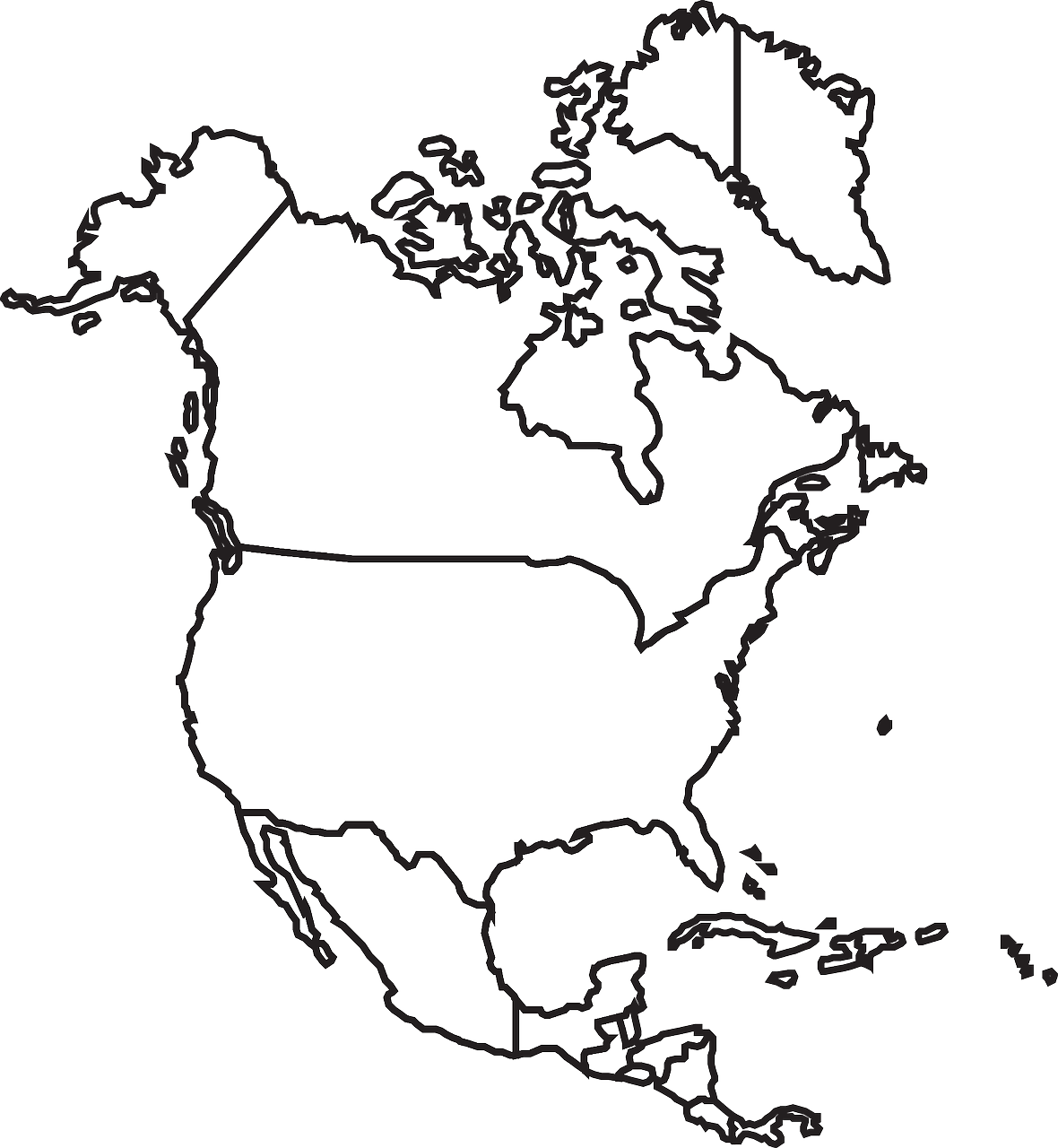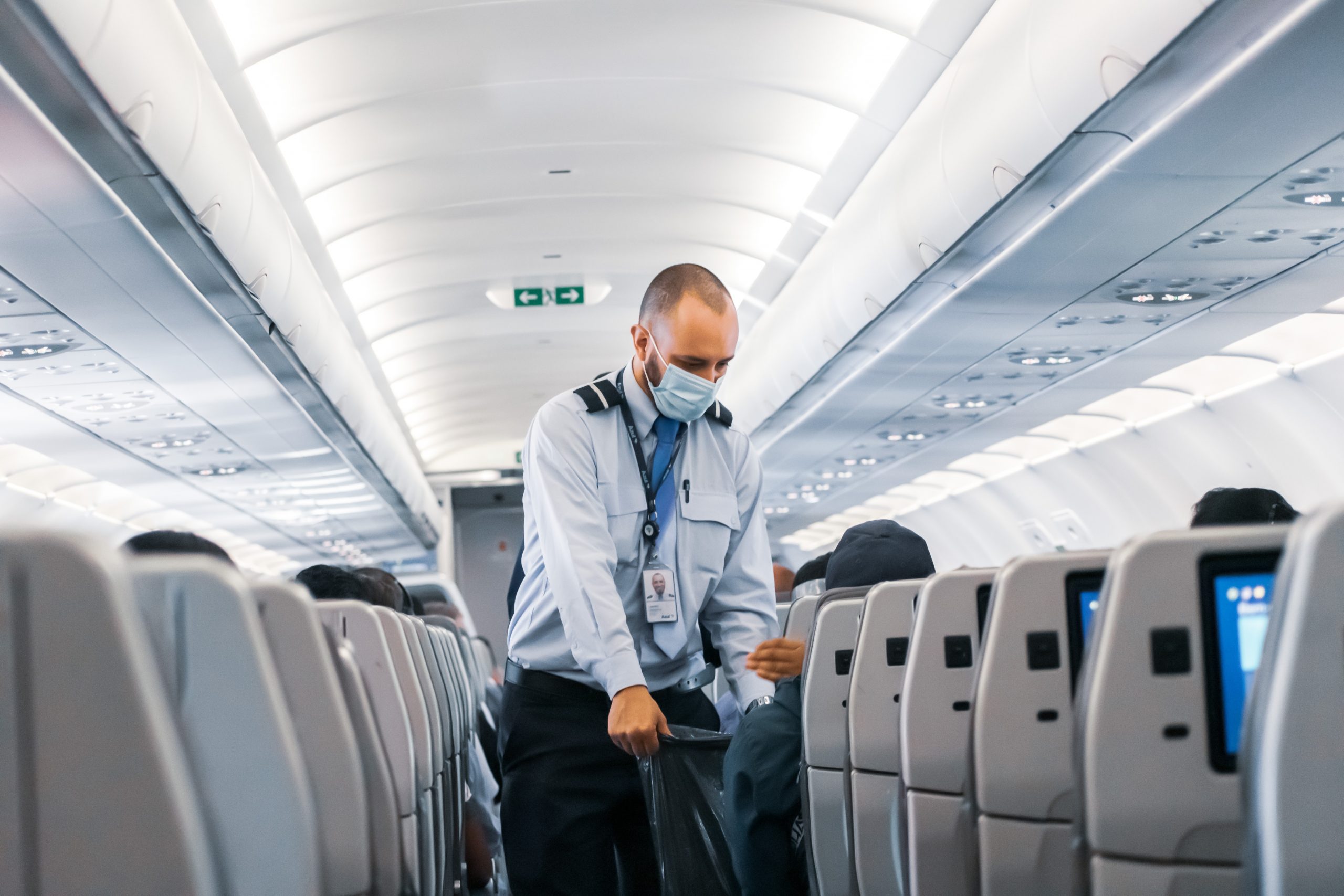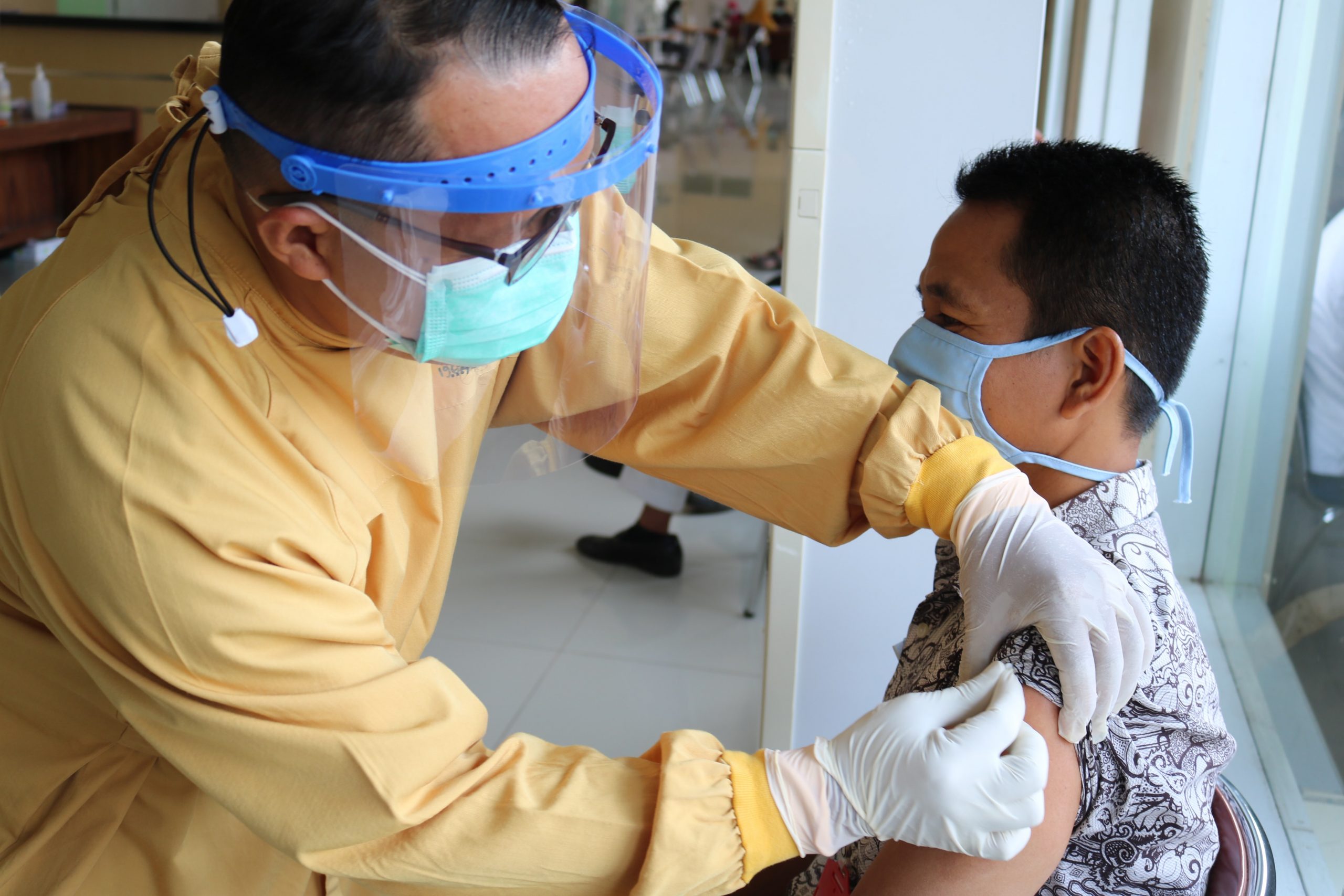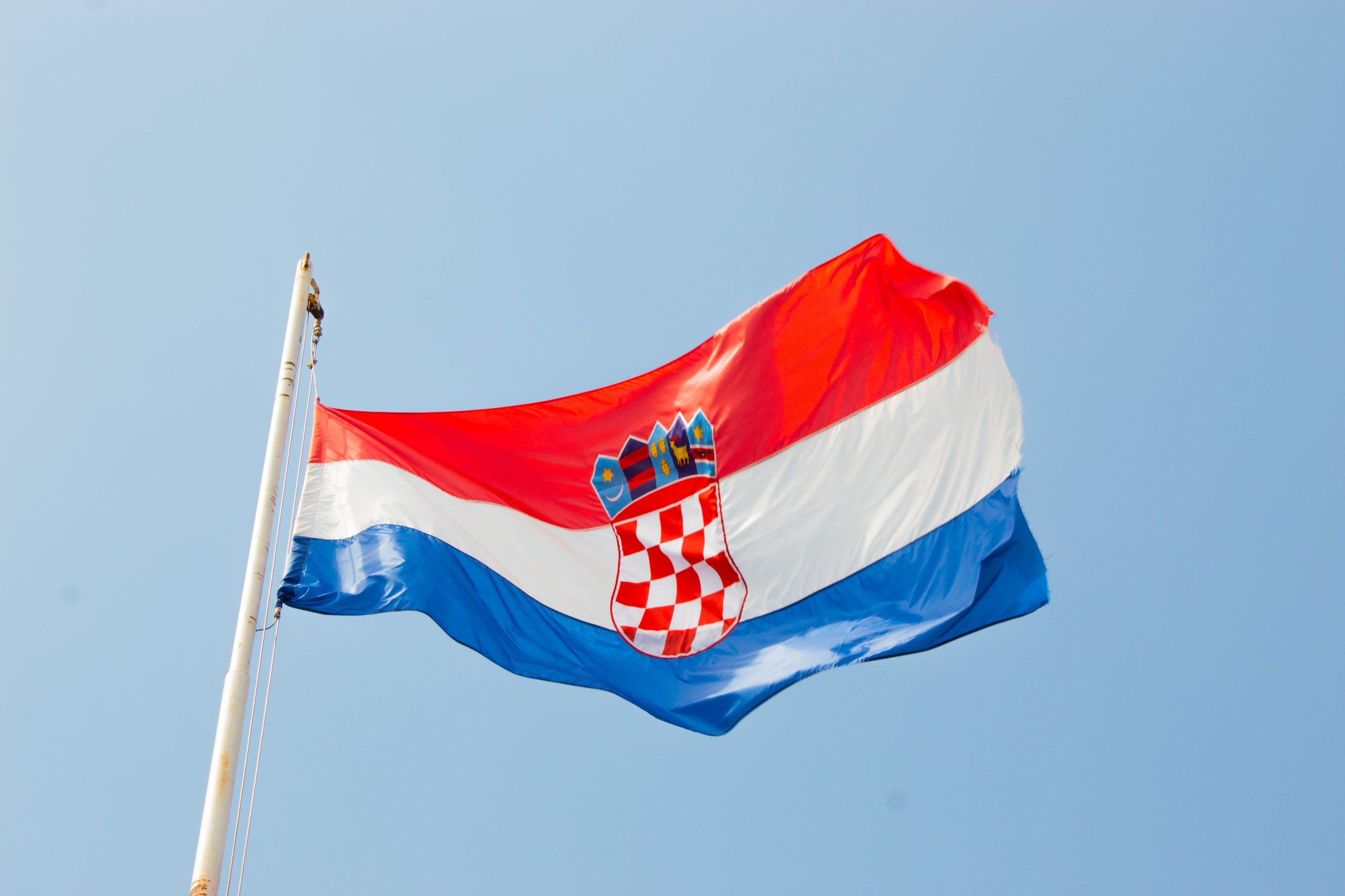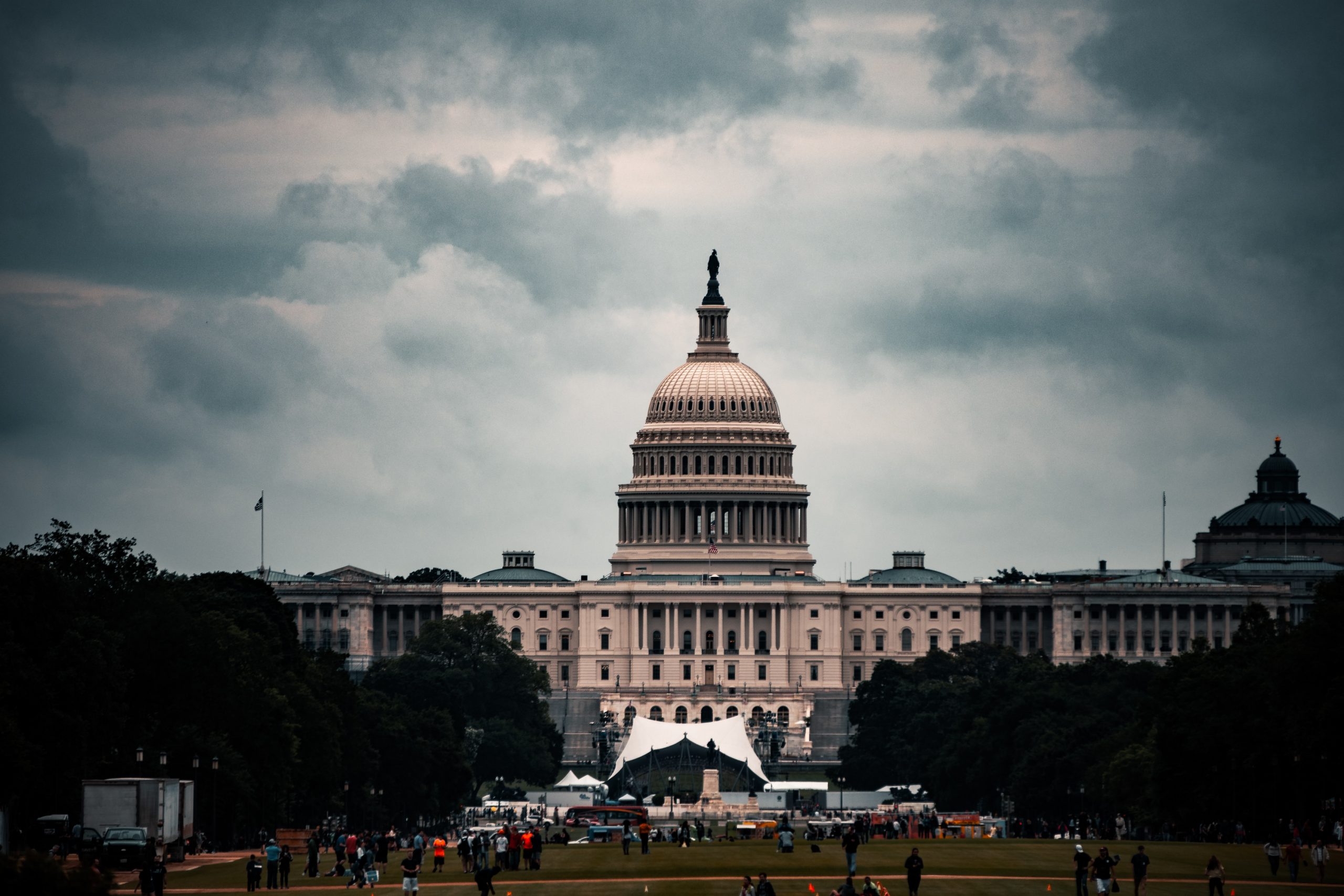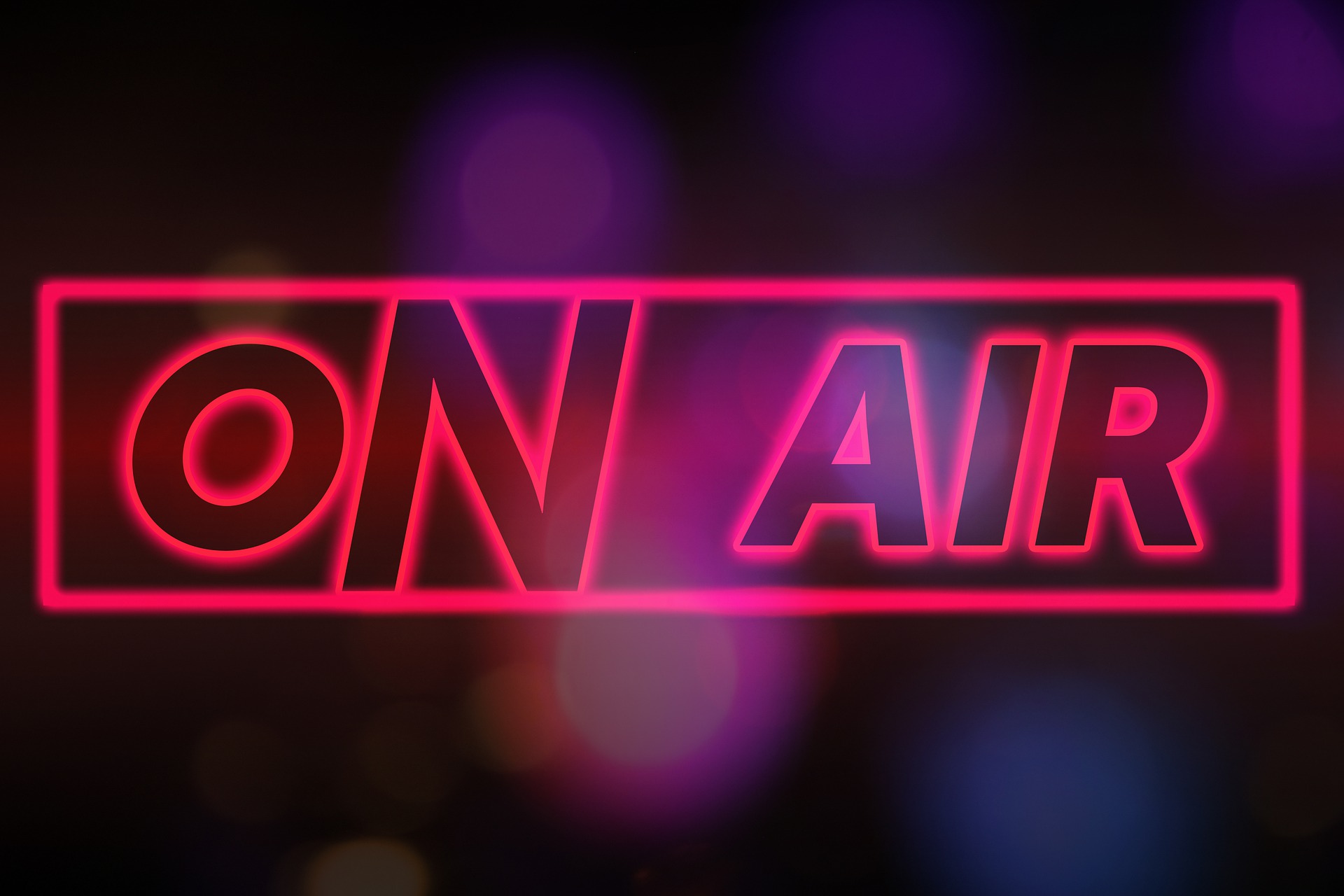Exciting news for fully vaccinated travelers from Mexico and Canada! The United States Customs and Border Protection (CBP) recently published a notice in the Federal Register announcing that the United States will be lifting travel restrictions on nonessential travel for Canadian and Mexican nationals who have been fully vaccinated for COVID-19 (as defined by the Centers for Disease Control and Prevention) so that they may enter the United States at land ports of entry along the United States/Canada and United States/Mexico border.
Further, Secretary of Homeland Security Alejandro Mayorkas has said that the new measures have been made to align “with the new international air travel system that will be implemented in November.” According to Mayorkas the United States, “will begin allowing travelers from Mexico and Canada who are fully vaccinated for COVID-19 to enter the United States for non-essential purposes, including to visit friends and family or for tourism, via land and ferry border crossings.” This will be a significant step in reopening the economy as “cross-border travel creates significant economic activity in [U.S.] border communities and benefits our broader economy.”
These new measures will occur in two phases over the next few months. First, in November, U.S. Customs and Border Protection (CBP) will begin allowing fully vaccinated travelers from Mexico or Canada to enter the United States at land and ferry ports of entry for non-essential reasons. Travelers will be required to have appropriate paperwork that provides proof of vaccination. Individuals who have not been fully vaccinated for COVID-19 will not be allowed to travel for non-essential purposes from Canada and Mexico into the United States via land and ferry ports of entry.
Second, beginning in early January 2022, DHS will require that all inbound foreign national travelers crossing U.S. land or ferry ports of entry – whether for essential or non-essential reasons – be fully vaccinated for COVID-19 and provide related proof of vaccination. This approach will provide ample time for essential travelers such as truckers, students, and healthcare workers to get vaccinated.
When will travel restrictions be lifted for vaccinated nonessential travelers?
The travel restrictions on nonessential travel for fully vaccinated Canadian and Mexican nationals will be lifted on November 8, 2021 – the same date that the relaxation will apply to fully vaccinated air travelers. Travelers crossing U.S. borders with Canada and Mexico for non-essential reasons will be required to present proof of vaccination to a Customs and Border Protection officer upon request. More details will be released by U.S. Customs and Border Protection in the coming weeks.
 Visa Lawyer Blog
Visa Lawyer Blog


